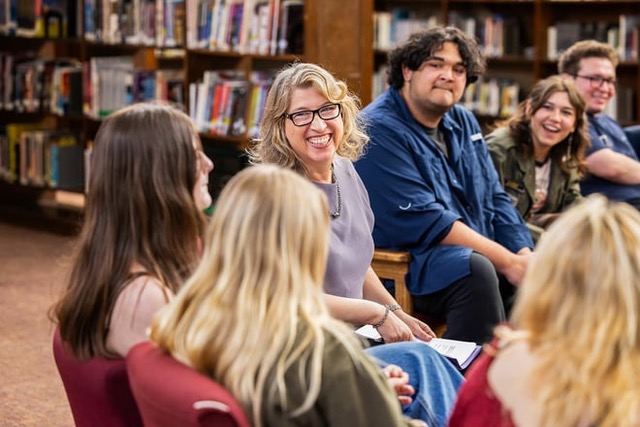link to the article
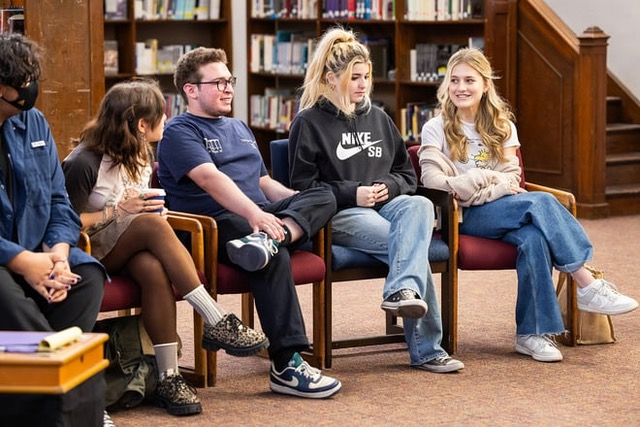

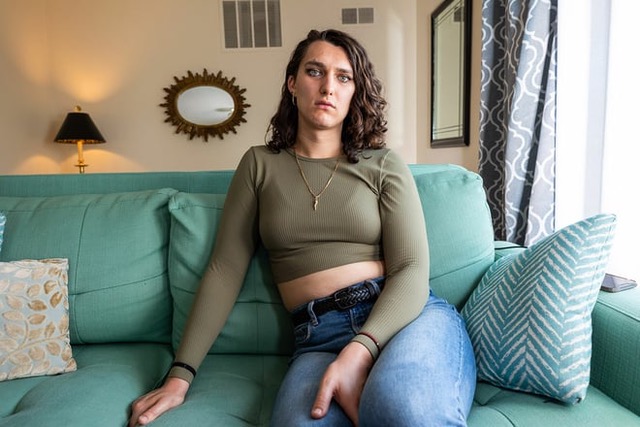
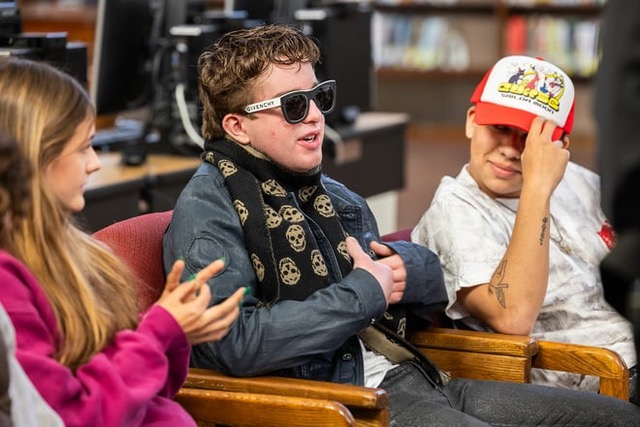
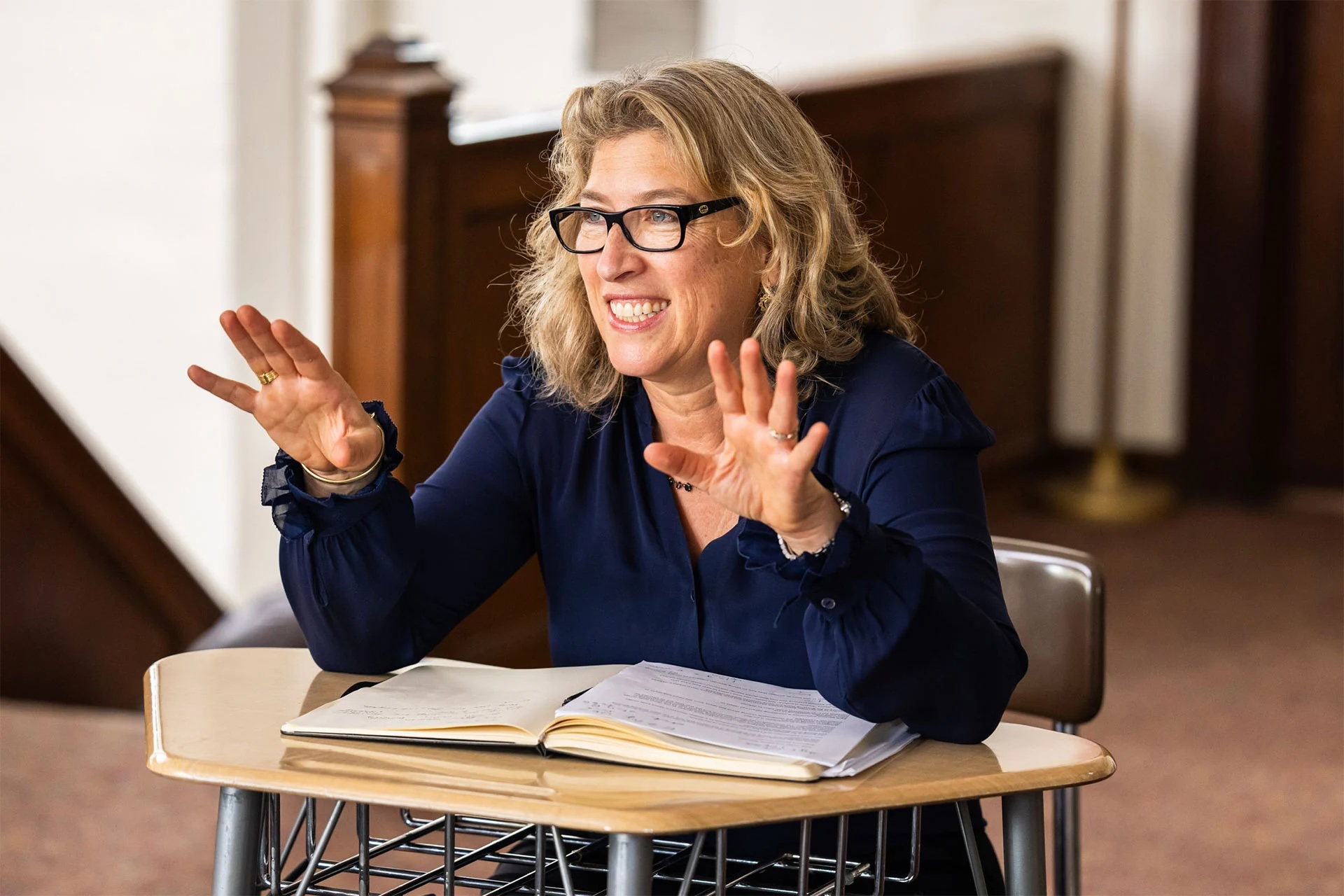
We see all their different points of view. We see the fly-on-the-wall, verité, following their most secret lives. Then we have interviews where they’re straight to camera and they’re just remarkably honest and vulnerable. Then we have their social media lives, which they also shared by sharing their phones with me—that’s their performative or public lives. And then we have this fourth perspective, where they talk to each other, almost like group therapy, in a very honest, non-performative kind of way. I think to capture the fiction, the fabrication, the kind of image-making of social media, we needed both. That’s, I think, what’s special in the show.
We had four edit rooms going at once. I treated it as a long feature, even though each episode has a theme, from bullying and body image to racism and class to what I call algorithm pressure. I looked at eating disorders and college pressure and sex—everything about sex and what happens when pornography is your teacher—to some really unexpectedly positive and hopeful combinations in episode 5, but also dealing with the darkest demons of social media, which is suicidal ideation. So it was a real puzzle.
First of all, I love these kids. I love hanging out with them. I’m feel so lucky when I am allowed into people’s lives in this way. Even though there are a lot of dark themes in the series, I don’t think the experience of watching and hanging out with these kids is depressing, because they’re so much fun. In a way, it’s like a teenage movie. Yeah, you see them make mistakes and you’re like, “No!” But then they deal with it. And they come out on the other side with so much resilience and so many lessons for us.
So, absolutely I hope this show can add to the discussion to promote regulation. Every other medium—TV, movies—has regulation. This is completely unregulated. All ages are looking at material that is—even by the kids’ own description—not appropriate for them and changes them in ways that, as parents, we would want to protect them from.
I also think the social media companies should take responsibility. Publishers have to take responsibility, and this is the new publishing. I think it’s great what schools are doing in terms of starting a movement around banning phones. And I think, most importantly, the algorithm needs to change so that it’s not just maximum engagement at whatever cost that is to society. Sydney, in episode 5, says it’s like the cigarette companies. When the research showed that tobacco causes lung cancer and death, there was regulation and there was change. So I hope this can also accelerate that conversation. What can brands do to address this issue seriously, even if it is detrimental to their business on some level?Leadership from the tech companies would be amazing. I mean, listen, they have to respond to the research, so I think they are. But I think we need proof that the changes that are being implemented really work. I would love to work with one of the companies to get ahead of this and show leadership in this area. [P&G’s] Always was a perfect example. They had been in the puberty business. They took the lead [on the issue of girls’ self-esteem]. I did a spot for a game company about online bullying that I thought was one of my strongest spots since “Like a Girl.” I won’t say which company it was, but basically everybody was too afraid to even put it out there. One of the revelations with “Like a Girl” was that people did want to support and buy products from a brand whose values they liked and felt aligned with. I don’t think we trust that the tech companies—and even the kids don’t trust, and they articulate that—have their best interests in mind. But there’s a huge opportunity for brands to get on that in an authentic way.I’ve always been asked, “Why would you do advertising? Why would you partner with these terrible brands that are doing these terrible things?” And I always just feel like when we can partner in doing good, that’s the thing to step into. The power in this work is talking to the biggest audience, not preaching to the converted.
